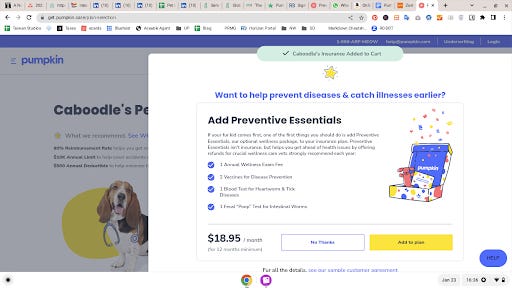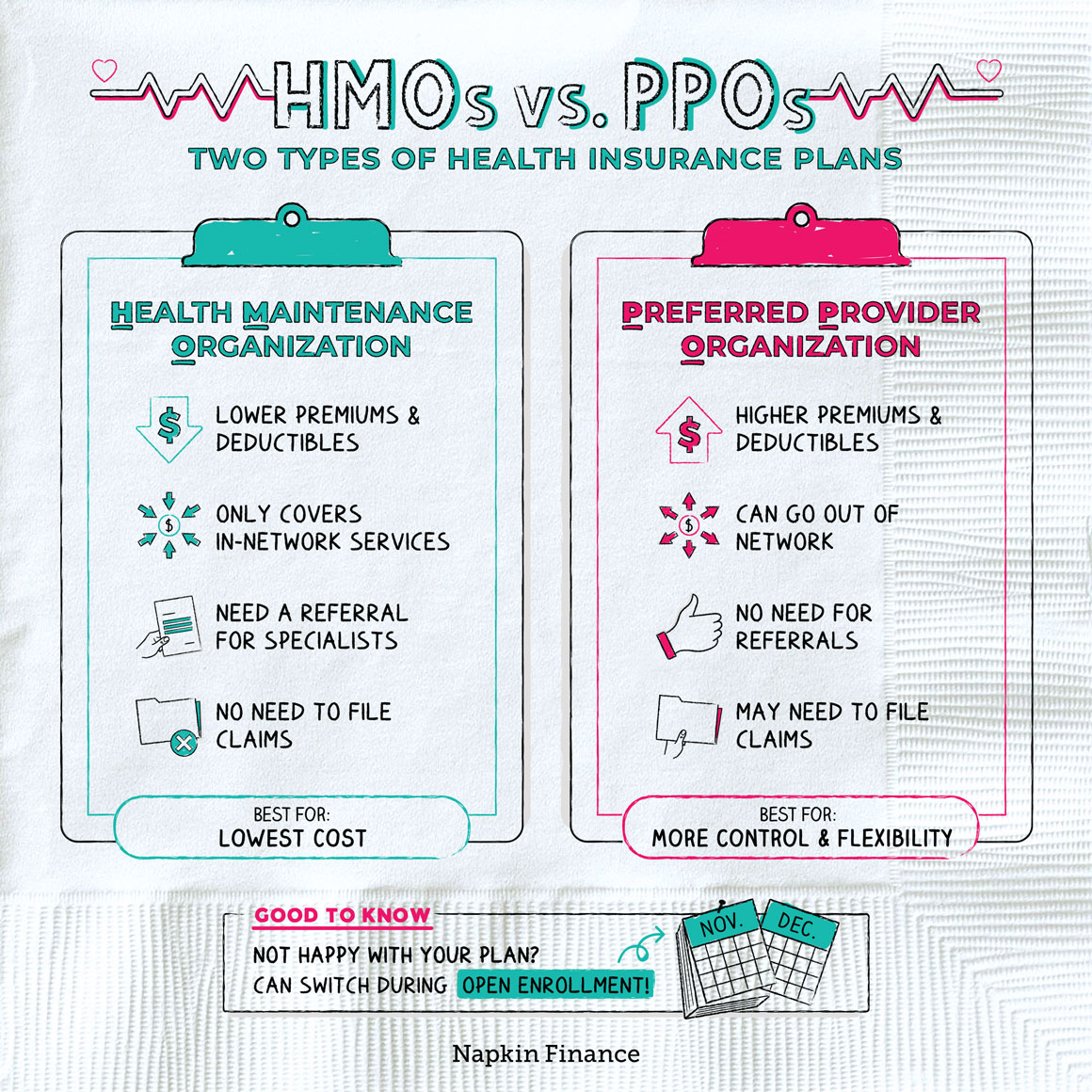
RV insurance is essential. It protects your investment but it is also required by law. The costs of this insurance can be steep, but you must find a policy that meets your needs. RV insurance is essentially a combination policy that includes homeowners insurance and auto coverage. You cannot get the same coverage under a regular auto insurance policy, but it's worth it to have some kind of protection in case something happens to your RV.
Classes A and B
There are many kinds of insurance for campers. The coverage required for RVs of Class A or B is different. Pricing of a policy depends on many factors, including what type of coverage you choose. You can choose to have liability coverage, but it is a requirement by the state.
Class C
Campers insurance is required in all 50 states and some Canadian provinces. Each state has its own insurance requirements so it is crucial to fully understand them before you buy a policy. RV insurance usually costs less than standard car insurance premiums. But, the amount you pay will depend upon the RV you own.

Class D RVs
Consider these factors when looking into campers insurance for Class A RV. These factors will affect the cost of coverage. The RV model will determine the cost of coverage. Because it has more motorized and electrical components, a Class A motorhome will typically cost more than a class D model. The insurance coverage will also depend on the driver, including their driving history. People with clean driving records can get the lowest premiums.
Class E RVs
There are a variety of coverage options available for Campers insurance Class E RVs. This basic level of protection covers the vehicle's actual cash value, with depreciation added. This level of coverage provides the least amount of coverage, but it does have the lowest premiums.
Class H
It is important to have campers insurance when you rent or buy an RV. This insurance can be bought directly from the rental agency or through a third party insurer. Rental insurance is typically not covered by credit cards that offer primary insurance. It is therefore important to think about this when purchasing or renting an RV. Additionally, there are different insurance requirements for different classes of RVs.
Class I
Insurance coverage is an essential component of RV ownership. Insurance costs depend on many factors such as the crime rate in your state and the population density. Shop around to get the best rates. Numerous providers offer discounts for multiple policies. For example, you may get a discount if you bundle your RV insurance with a renters insurance policy or life insurance policy. Bundling your policy reduces the stress associated with dealing directly with each company.

Class IX
Campers insurance for Class IIX RVs will be required if your motor home is to be used as your primary residence. This policy will cover your motorhome in case it is stolen, damaged, or destroyed. You can also purchase additional coverage for any attached structures to your RV.